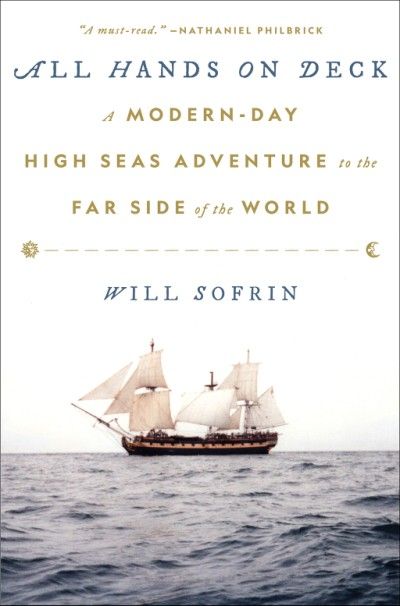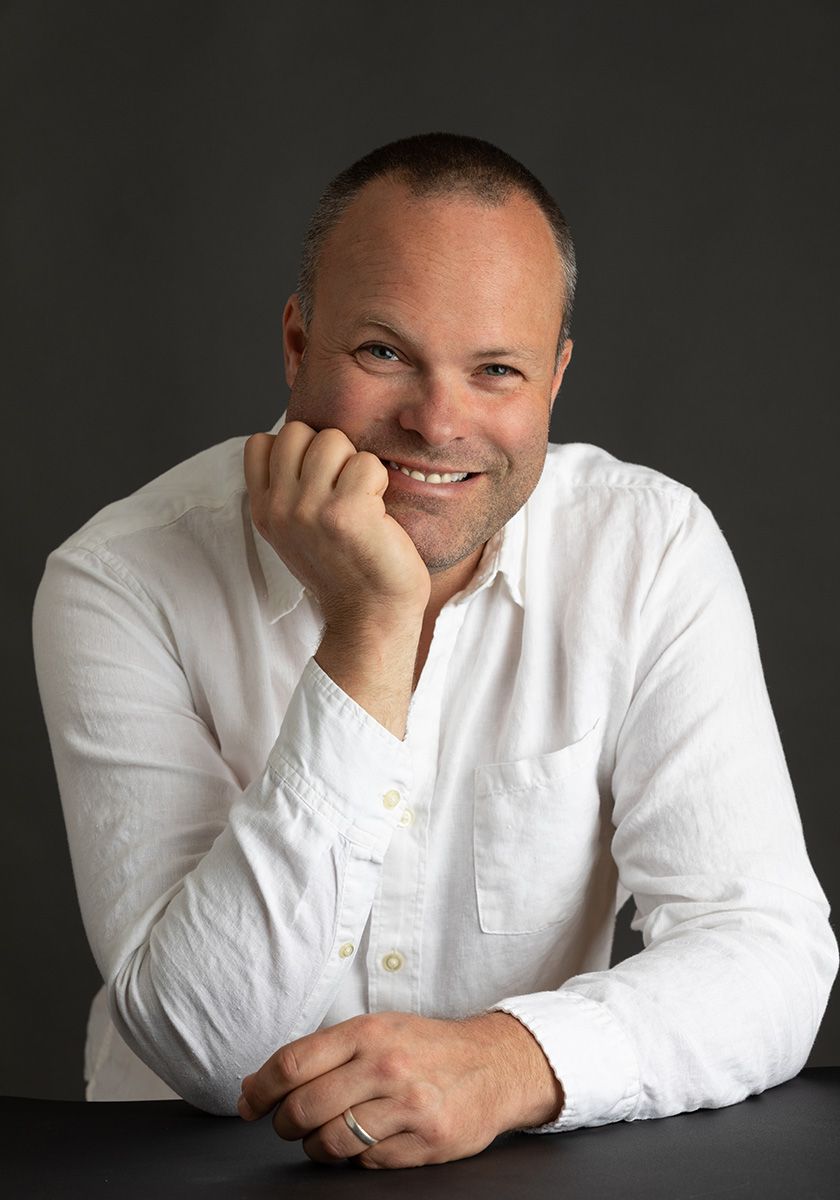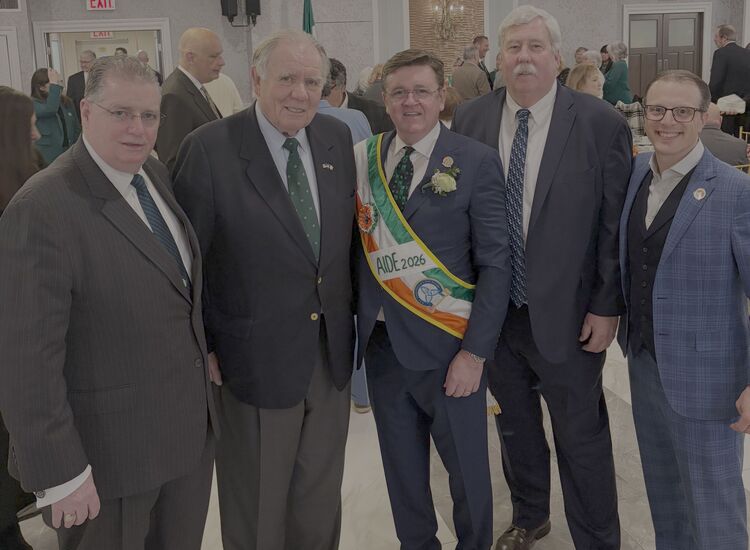On a spring evening in 1995 visitors to the South Street Seaport at the lower end of Manhattan might have been forgiven for thinking they were back in 1795.
Tied up at one of the docks was a three-mast, square rigged frigate of the kind that plied the seas in the days when America could count its age pretty much with the fingers of two hands.
The ship was “The Rose” and it had made its stately way into New York Harbor from its then home on the Connecticut coast.
The arrival of The Rose was no casual visit. The ship was on a mission.
The replica man-o-war was also known as HMS Rose, though it was an American ship. Its design was based on British navy frigates in the years leading up to the Napoleonic wars.
Napoleon died on the island of St. Helena in 1821. But, fair to say, his story has never vanished into history. Far from it.
And Bonaparte’s time as the ruler of most of Europe was the underpinning for countless words and images in the years since his passing.
They were also a reason for The Rose being at anchor at the Seaport.
The ship would be the setting for a most singular gathering, a celebration of a newly published book by the acclaimed author Patrick O’Brian.
O’Brian, who presented himself to the world as being Irish, even though he was English, had just penned “The Commodore,” the seventeenth book in the Aubrey-Maturin series of seafaring tales set against the backdrop of those wars pitting England and its allies against the Corsican-born French emperor.
“The Commodore” was being published in the U.S. by Norton. O’Brian being “Irish,” the Echo was invited to attend the publishing party on The Rose.
I had by then read the first in the series of what would be twenty novels by O’Brian that would conclude with an unfinished 21st.
That opening salvo was “Master and Commander.” It had been one grand read and I was hungry for more.
Prior to the reception I had asked a question of O’Brian’s publicist at his U.S. publisher, Norton. Where exactly in Ireland was the famed author born? The publicist did not know and he warned me not to ask O’Brian that question. Apparently the man was dead set against answering what he considered to be personal questions.
Place of birth, I countered, was not a personal question, but merely a matter of public record.
Again the warning: do not ask O’Brian any personal questions.
Fast forward to the reception and the grand and spacious captain’s cabin at the stern of Rose. Sitting in front of the cabin’s windows were O’Brian and his wife Mary. I was in the line of those eager to pay homage. Walter Cronkite was right behind me.
I reached the top of the line. O’Brian was, well, stern looking. Judging on appearance I imagined him to be an especially tough school teacher. And truth be told, regardless of all my years in the neck hardening news business, I felt a little like Oliver about to ask for more.
I introduced myself and paid my respects. I had read “Master and Commander” and had enjoyed it immensely. O’Brian nodded, but said nothing.
Then I delivered my broadside.
“I have a question Mr. O’Brian. Where exactly in Ireland were you born?”
And then the return cannonade.
“That’s a personal question. I don’t answer personal questions.”
Suffice it to say, this response was not delivered in a whisper.
I apologized for my temerity and turned to escape O’Brian’s thunderous gaze.
Then the second shot.
“Ballinasloe, County Galway.”
I wheeled around. I may have cut off Mr. Cronkite as I stared straight at O’Brian.
“Oh,” said I, “where they have the horse fair.”
There was no further response; just a look that could turn you to stone.
Regardless, I was delighted. Nobody in the wide world seemed to know where O’Brian came from and I had just nailed a scoop that would reverberate across the Atlantic’s waves.
It was a scoop that would not last the test of time.
Fast forward almost five years. With twenty installments under his belt, O’Brian was penning number 21. He was doing so in Trinity College Dublin, which had given him a room to carry out his work. But with the new century just a couple of days old, O’Brian died at the age 85.
His ultimate opus would be published as “The Final Unfinished Voyage of Jack Aubrey.” In the U.S. it would carry the simple title of “21.”
In the months that followed O’Brian’s death the true story of his life would emerge. But that’s another story.
One thing that did jump out as I sailed deeper into the Aubrey-Maturin series was that in one of the books, around nine or ten, there was in fact a reference to “the fair at Ballinasloe.” O’Brian had, after all, picked a real place for his fictional Irish birthplace.
Meanwhile, what was also taking form from O’Brian’s pen were plans for a major motion picture based on his Aubrey-Maturin tales.
The movie would need a ship to play O’Brian’s HMS Surprise. Enter The Rose.
The movie, with award winning Australian director Peter Weir at the helm, would be “Master and Commander, The Far side of the World,” a big screen epic and Oscar winner that, in its screenplay, would be an amalgam of three of O’Brian’s books.
It would star Russell Crowe, fresh off his “Gladiator” triumph, as Captain Jack Aubrey, and Paul Bettany as ship’s surgeon and Aubrey’s closest friend, Stephen Maturin.
The Maturin character is simplified in the film, but in the books he is a fascinating and complicated character. Also not a man to be crossed or cornered.
Part Catalan, part Irish, Maturin is indeed a surgeon, a naturalist, and also a spy for the British. At the same time he is also a United Irishman who believes passionately in Irish independence. How this contradiction? Well, above all else, Maturin despises Napoleon Bonaparte and has devoted himself to playing his part in the emperor’s downfall.
As plans pressed forward for the filming of “Master and Commander” off the west coast of Mexico, and the Galapagos Islands off Ecuador, a disparate group of men and women were coming together tasked with sailing The Rose from its now home in Newport, Rhode Island to the West Coast, initially to San Diego.
The ship was in need of refitting and repair for a voyage that would extend roughly 6,000 miles. It was also in need of a crew capable of managing a ship that, while old in appearance, contained the myriad, complex parts that went into the kind of vessels that fought on the oceans of the early 1800s as well as additional present day technology. Sailing ships are indeed complicated and challenging. This could not be a ship of fools.
What happened next is the story of that voyage through space, and effectively time, one that is recounted in a recently published book, “All Hands On Deck.” The book, by Will Sofrin, is subtitled “A Modern-Day High Seas Adventure to the Far Side of the World.”
Sofrin writes in his opening “Author’s Note,” that sailing The Rose from Rhode Island to California “was no ordinary mission, no pleasure cruise.”
Indeed, the voyage would at times prove to be extremely perilous.
Will Sofrin again: “The clock was ticking, tens of millions of dollars on the line. We departed with a crew of thirty on a ship of questionable seaworthiness, came close to sinking, and could have died, all while trying to deliver a movie prop.”
Ah, but some prop.
The book is Sofrin’s account of an unforgettable and ultimately successful voyage.
According to a publicity release “it’s a story of reinvention, of hard work on the high seas, of love, and of survival. The crew of the Rose effectively went back in time, bringing the old ways of a forgotten world to life, while barely living to tell the tale. All Hands on Deck is a gripping story and a must-read for fans of O’Brian’s novels and the Academy Award–winning film.”
Sofrin was a mere 21 years of age when he first set foot on the deck of the future HMS Surprise.
A Connecticut native, Sofrin describes himself as “the guy who didn’t follow any of the rules.”
Instead of going to college after high school, he became an apprentice shipwright at the IYRS School of Technology and Trades, learning to build and restore wooden boats, and then became a professional sailor, working on yachts, logging over 30,000 blue water miles, and becoming a licensed captain.
He sailed throughout Europe, the Caribbean, Central America and both coasts of the U.S., competing in numerous sailing events such as the America’s Cup Jubilee, the Prada Classic Yacht Challenge, and the 12-meter World Championships. Sofrin is a master shipwright who has taught at the Massachusetts Institute of Technology and has built boats for the likes of Billy Joel and Estée Lauder.
And now he is an author with a tall ship tale between covers and a publisher that requires his time and energy for sales. This means travel, though this time primarily by air and land rather than water.

Sofrin lives in Southern California and, as he recently told the Echo, he continues to explore the sea, most especially the waters off California, with his wife and daughter.
Next week, however, he will be back in Newport, where the Rose/Surprise story first weighed anchor.
On Wednesday, June 21, The JPT Film and Event Center, Charter Books, and The IYRS (International Yacht Restoration School) School of Technology and Trades will host Sofrin at a gathering that will include a talk by Sofrin about his book, a “Crew Panel Discussion” Led by IYRS President Jay Coogan, and a special 20th anniversary screening of “Master and Commander: The Far Side of the World.”
The event is at the Jane Pickens Theater and Event Center, 49 Touro Street Newport, RI. More at www.janepickens.com, or call (401) 846-5474 for details.
Like O’Brian’s stories, the movie ages well.
Will Sofrin’s story will age well too as seafaring tales have a habit of so doing. There’s always new wind for old sails.
“All Hands On Deck, A Modern-Day Adventure to the Far Side of the World” is published by Abrams Press, New York, www.abramsbooks.com. It is also available on Amazon and the Barnes & Noble website.









